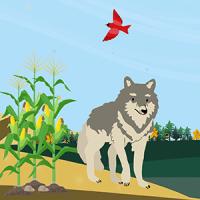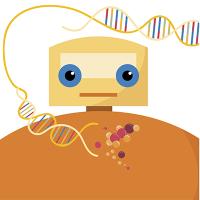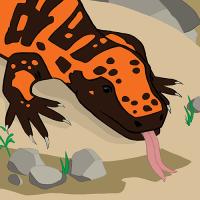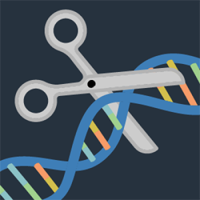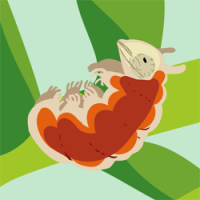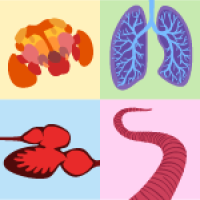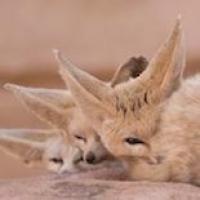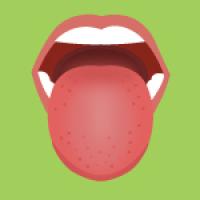To Breed or Not to Breed
Sarala Pradhan
Ioulia Bespalova
For many organisms, reproduction is a huge part of life. But what, exactly, does reproduction mean? Well, it can mean so many different things, including breeding or not, caring for young (or not), or giving birth (or not)... read on to learn about the diversity of ways that organisms reproduce.
Cutting DNA with CRISPR
Christian H. Ross
What is gene editing? And how does the one of the most-used gene editing tools, called CRISPR, work?
Also in: Español
Focusing on Physiology
Karla Moeller
Pierce Hutton
As you go about your day, breathing and thinking, with your heart beating, your body is working. It sends and receives signals, grows, and stores fat, among hundreds of other functions. All of these functions make up your physiology, or how your body works. The same is true for every living animal.
Vitamins: Vital or Not?
Danielle Penick
You may see advertisements for vitamins all the time. Do we really need vitamins? And if we do, how do we know which vitamins are high quality? Take a tour into the history, science, and manufacturing of vitamins.Also in: Español
Sensing the World
Dr. Biology
Living things need to be able to sense the world around them to avoid danger, find food, find mates, and for other important activities. Learn about the five senses used by many animals to sense the environment.Also in: Français

